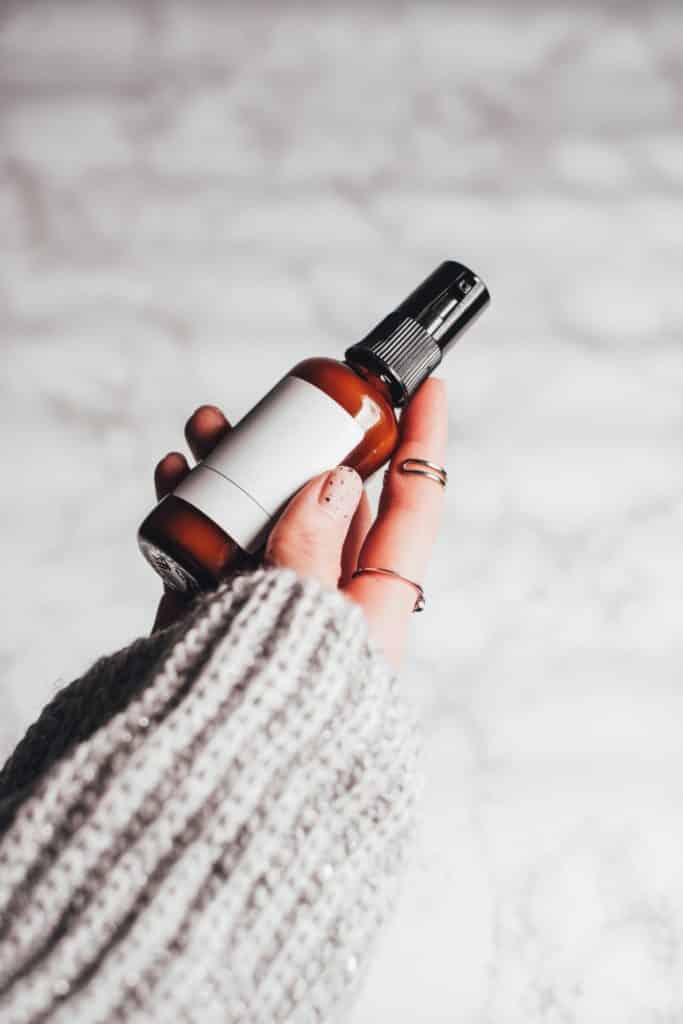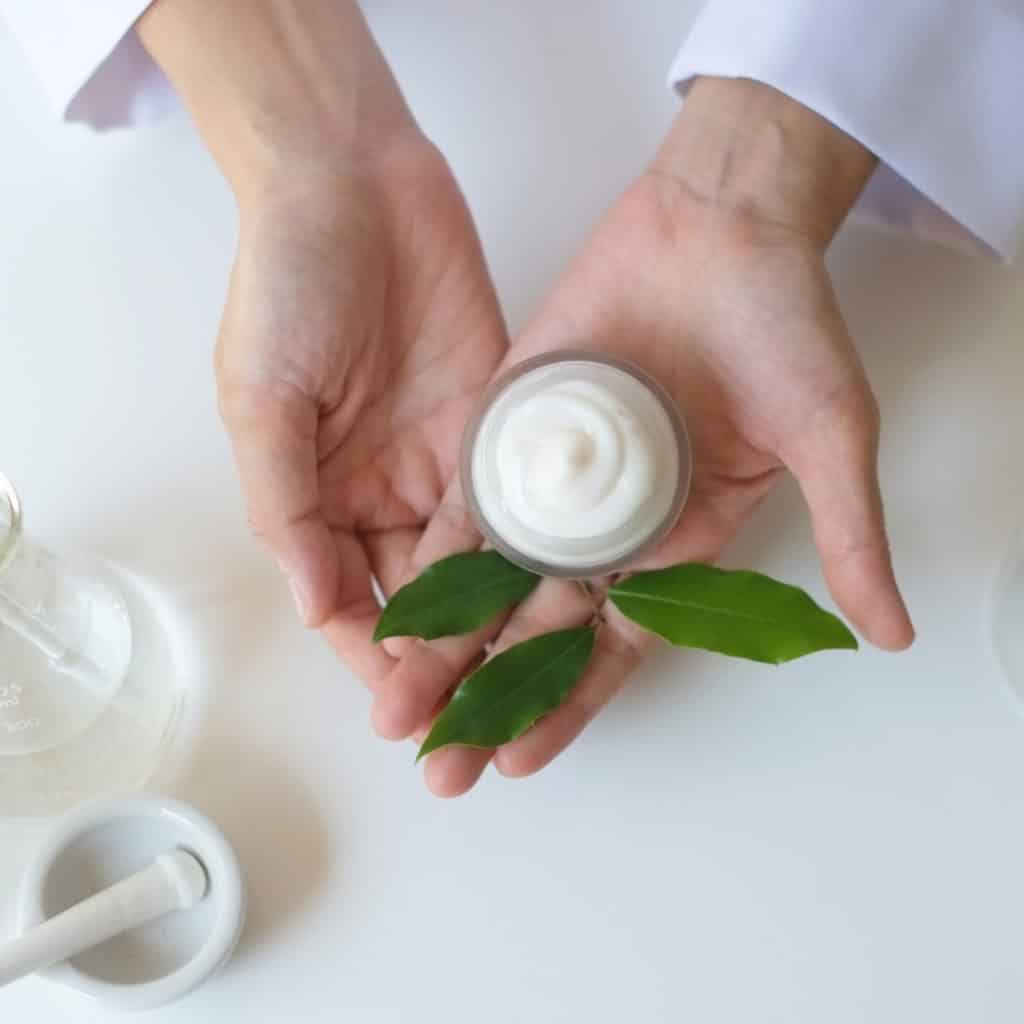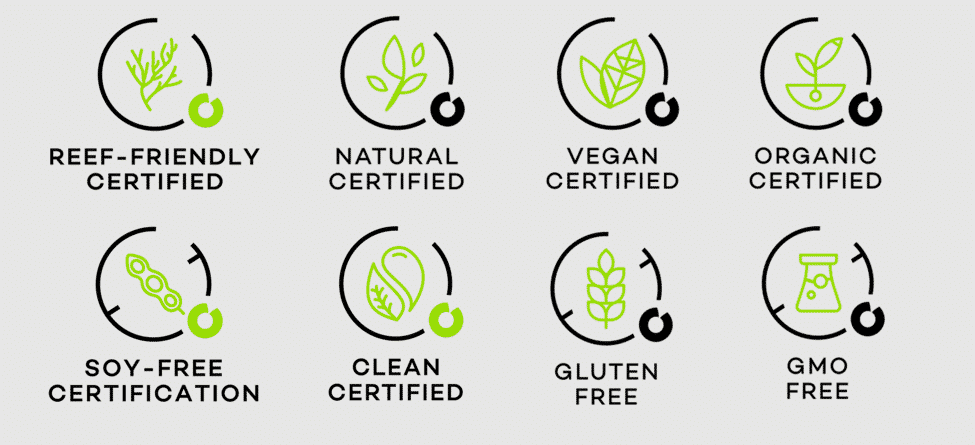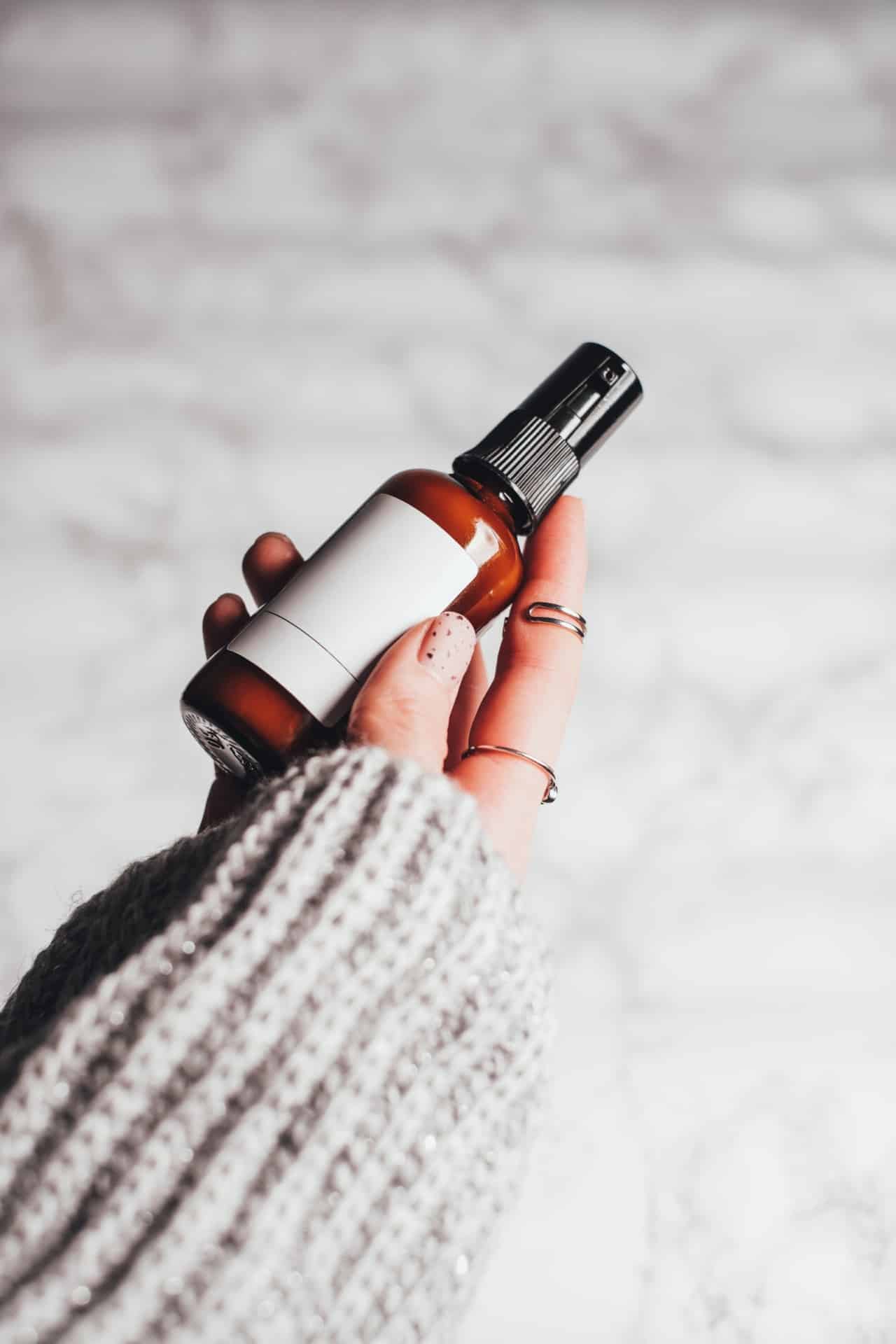Emergence of New Opportunities in the Cosmetic Sector

We all know it. The COVID-19 crisis had, and still has today, a dramatic impact on the world’s economy. The cosmetic industry is making no exception. However, the market is already recovering.
The beauty industry has always shown a strong ability to adapt to crisis thanks to its capacity to innovate. Today, cosmetics companies must take on a new challenge: answering to new trends and demands emerging from the sanitary crisis, which has speed up some existing practices prior to 2019.
Europe and the United Kingdom still embody a huge opportunity for the beauty industry, and here is what you need to catch up since the COVID-19 crisis.
From Make-Up to Skincare

Lipsticks, foundations, and perfumes suffered the most from the pandemic. The mask and remote work cocktail made them less essential to beauty routines. Make-up is hit hard by the crisis even if eye makeup and multipurpose makeup sales are more dynamic than before.
Now, skincare is the new star of beauty routines. During quarantines, a need of focusing on skin and hair’s quality has arisen. Soaps, shower gels, shampoos, bath items, nail, body, and hair dyeing products’ sales are skyrocketing. In a recent quest for well-being, consumers will choose a minimalistic skin/haircare routine and a more natural face with more qualitative cosmetics. This trend which came from South Korea before COVID-19, also known as Skip-Care, has been drastically increased by the pandemic.
Brands can also take advantage of our longer daily screentime to advertise anti-blue light skincare for example. Self-care beauty categories, including candles, aromatherapy, and detox products are also benefitting from the current situation
Beauty and Ethic
As a result, you should not miss the huge opportunity the COVID-19 is providing for natural and eco-friendly cosmetics. A more minimalistic and qualitative beauty routine implies formulas unharmful for the skin, while consumers want to incorporate their values into their shopping cart.
The demand for good quality products has never been so high because the successive lockdowns have turned the already existing trend into a compulsory requirement. Vegan, natural, organic, clean, reef-friendly, GMO, gluten or soy-free, transparency, recyclable… These keywords are now a major factor of your brand’s success, and certifications have never been so valuable. From the manufacturing to the act of selling, every step is now important to the eyes of the customers, who can check your liability online.

DIY (Do It Yourself) is again a nice way to answer this problem, like solid cosmetics, also in vogue, on top of products proposing innovative ingredients or techniques (as long as they are natural, organic, or showing a low carbon footprint).
Online Practices

With no doubt, remote work and quarantines have boosted e-commerce’s share in beauty brands turnover. Through websites, marketplaces or social medias, companies need to adapt their marketing and communication strategies to new online demands.
Customized beauty, which was already a trend during the pre-COVID period, will take growing importance. Online advice and artificial intelligence will need to be fully taken into account by market players to address a new way of purchasing.
The Z generation, growing up with social media, shows ideologies and consumption habits not to be taken lightly. The younger generation enjoys staging the products online, a recent trendy way of communication even more important since the COVID-19 crisis.
However, human contact and direct interaction with products will stay important.
A New Range of Consumers
During the pandemic and lockdowns, the cosmetic industry was holding up thanks to… older women. Indeed, while the Z generation and the classic 20-50 years old age range were reducing their beauty budget, more mature consumers could still afford beauty, benefiting from their higher purchasing power. Again, the COVID-19 crisis has enhanced the previous growing trend of a more accessible and realistic beauty.
Every gender and age group should now be targeted, but the Z generation is particularly receptive to the new trends emerging in the beauty world, as they are more sensitized to environmental and ethical issues. They buy beauty products at an early age and master the internet and social media. As COVID-19 is encouraging brands to update their online communication and marketing methods, it seems like the Z generation is the perfect new target for the emerging but strong new trends: transparency, ethic and accessibility.
BIORIUS
BIORUS can help you to take advantage of these promising opportunities. We can make your cosmetics and usual products compliant with Europe and the United Kingdom cosmetic regulations, as well as take the role of your Responsible Person. To enter international markets, we are also able to translate your labels and support you in your regulatory obligations in more than 60 countries.
Our certifications are also a powerful tool for your brand, in a bid to support your claims.



